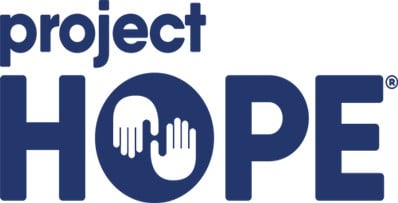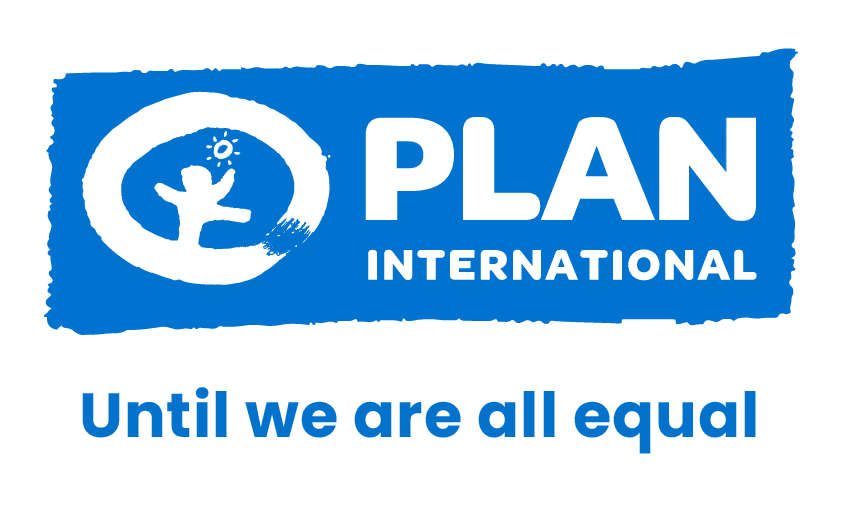Partnerships
Integrating depression treatment into global development initiatives.

Where We Work
UGANDA
StrongMinds has worked in Uganda since the organization’s founding in 2013. Uganda is home to our country office, as well as our global headquarters. We work across all districts, providing therapy to adult women and adolescents in and out of schools, refugees, and incarcerated populations.
ZAMBIA
StrongMinds has worked in Zambia since 2019, providing direct care to women with depression, and working through partners to reach at-risk adolescent girls and young women, as well as learners in school and frontline health care workers.
KENYA
StrongMinds works with NGO and government partners in Kenya to provide depression treatment to people that have no access to mental health care.
LEARN MORE
USA
StrongMinds America provides psychoeducation, individual, and group counseling for depression to young people (ages 16-25) and women facilitated by culturally competent mental health professionals.
LEARN MORE
Partner with StrongMinds
StrongMinds can help your organization integrate our depression treatment model into your existing programs, enhancing outcomes for your target beneficiaries.
Benefits of Working with StrongMinds Include:
- Proven link to successful program outcomes
StrongMinds has proven that by treating depression through IPT-G, other core development indicators are positively impacted, including increased school attendance and increased numbers of meals eaten. Research shows that treating depression can improve ART adherence and engagement with healthcare services, including sexual and reproductive health. - Fast Implementation
StrongMinds’ expertise in implementing IPT-G guarantees a quick launch of scalable, evidence-based mental health treatment. We have experience supporting NGO and government partners to reach their ambitious targets quickly. - Scalability
StrongMinds’ IPT-G model can be implemented in various formats to suit your needs and growth goals. - Sustainability
Our therapy model is implemented by lay community health workers, with established mechanisms to provide rigorous training, oversight, and quality assurance, along with safe and immediate referrals for clients who need additional care. Over the years, we have refined, iterated, and strengthened our approach to ensure that our IPT-G program is as effective as possible. - Cost-Effectiveness
StrongMinds has the systems, staffing, and expertise to help partners deliver mental health services at scale. There are no additional costs for new staffing, tool development, or training. We are data-driven and laser-focused on keeping the cost of program delivery as low as possible while maintaining quality service.
Good Mental Health Unlocks Potential
Depression is a mental health disorder that affects all areas of life. When left undetected and untreated, depression can prevent individuals from taking advantage of the healthcare, education, and livelihood opportunities that help them reach their full potential. This has enormous consequences for development efforts across Africa, where tens of millions of people are living with depression, and an estimated 85% receive no treatment.
How We Work With Partners
StrongMinds provides technical assistance, supervision, and support to build your internal capacity to deliver depression treatment to your target beneficiaries. This multistep process includes detailed program planning, start-up tools, in-depth training, and ongoing mentorship.
After a 5-day initial training on IPT-G, partner staff are equipped to start mobilizing, screening, and treating clients for depression. The entire training and handover process typically consists of 3-6 months of on-site technical assistance provided by StrongMinds, but can be tailored as a bespoke package to meet your organization’s needs. After that time, we provide remote support, periodic refresher trainings, and assist with quality assurance.
By partnering with StrongMinds, your organization will build and retain the capacity to provide high-quality mental health treatment in perpetuity. We are the only organization offering a capacity-building approach to help NGOs address mental health issues.
To discuss how to collaborate with StrongMinds and incorporate mental health services in your activities, contact Ambrose Kanyaryeru, Director of Global Partnerships, at info@strongminds.org
2024 Q4 Partnership Report

Our Partners
NGO Partners
USAID/ICARE
Windle International Uganda (WIU)
InPACT
MUCOBADI
Alliance Forum for Development Uganda (AFOD)
TIKO Kenya
HOPE Worldwide Kenya/DREAMS
LVCT Health Kenya/DREAMS
CIDERZ/DREAMS
Project Hope Ethiopia
CIHEB Zambia
PLAN International Nigeria
Government Partners
Ministry of Health (Uganda)
Ministry of Education and Sport (Uganda)
Ministry of Health (Zambia)
Ministry of Education (Zambia)
Mombasa County Government (Kenya)
City of Nairobi County Government (Kenya)
Kiambu County Government (Kenya)
Machakos County Government (Kenya)
Ministry of Health (Malawi)

Testimonials
Project Hope Ethiopia – Dawit Abraham Tsegaye, Country Representative and Chief of Party (MD, MPH)
“Project HOPE started collaborating with StrongMinds in 2023 to design and implement an integrated model of Interpersonal Psychotherapy Group (IPT-G) service delivery for people living with HIV in Ethiopia. First, we adapted StrongMind’s guidelines and tools to suit the local cultural context. Then, we trained, mentored, and equipped over 112 IPT-G facilitators and supervisors in 24 locations across 6 regions of the country. StrongMinds’ experts provided onsite mentoring support to facilitators and performed quality assurance assessments. As a result, we have diagnosed and treated over 2,500 clients who were experiencing depression, including adolescents living with HIV. Project HOPE is extremely grateful for this partnership and looks forward to continuing to improve mental health awareness throughout our communities, as we seek to scale the program for even greater impact.”
Tiko (Kenya) – Leah Ogada, Country Director
“Tiko’s collaboration with Strong Minds has definitively shown that community lay workers can play a vital role in supporting the health system and significantly improving mental health indicators among young people. Through dedicated partnership and shared commitment in adapting the IPTG model, we have empowered these workers with the necessary training and resources, resulting in measurable positive outcomes in mental health within our communities. This partnership underscores the potential of community-based approaches in addressing mental health challenges and enhancing the overall well-being of our young people.”
Association of Women in Agriculture Kenya – Dr. Judy Matu, National Executive Chairlady
“I am pleased to express my pride in the partnership between the Association of Women in Agriculture, Kenya (AWAK), and the StrongMinds organization. AWAK is dedicated to supporting vulnerable women who face numerous challenges that heighten their vulnerability, making mental health a key focus of our programs. This partnership has established a crucial platform for women to address their mental wellness in a secure and professional setting. Since the inception of our collaboration, we have successfully engaged approximately 648 women in Interpersonal Therapy Group (IPTG) sessions. The impact has been profound, with participants experiencing significant transformations in their lives, developing positive attitudes, and adopting resilient coping mechanisms.”
Mombasa County Government (Kenya) – Celina M. Kithinji, County Gender Based Violence & Adolescents Health Program Coordinator
“I take this opportunity to sincerely appreciate StrongMinds for the excellent collaboration in scaling up IPTG in Mombasa County.”
Partnerships Case Study
Through StrongMinds’ partnership with Tiko, thousands of people receive depression treatment. Two adolescent girls in Kenya share their inspiring journeys to acceptance and empowerment.
Impact Data










